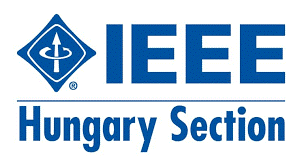IPCEI MICROELECTRONICS STEM WORKSHOP
Department of Power Electronics and Electric Drives at Audi Hungaria Faculty of Automotive Engineering, Infineon Technologies Austria AG and Advantage Austria Hungary invites you to IPCEI Microelectronics STEM Workshop. Be welcomed to join our session and discover more about: – Infineon Technologies Austria AG & IPCEI – Power MOSFETs & WBG The workshop is led by Infineon Technologies Austria AG and will delve into the challenges faced and the innovative solutions developed. The participants will learn about power MOSFET electrical behaviour and device physics. The structure of a power MOSFET will be explained together with how this structure influences the electrical performance. The presentation will discuss both planar and trench technologies, and include a brief introduction to charge compensation devices. We will also highlight the state of the art of technology and industry of wide bandgap semiconductors (WBS), which are becoming the cornerstones of future power electronics. Széchenyi István University is located in Győr, at the centre of Central Europe’s “golden triangle”. We have 45 years of tradition and experience in supporting Hungary ́s leading industries with a strong focus on vehicle engineering, transportation and telecommunication. As a result, our university has become the primary driver of the regional economy provider for the public service sector and supplies the human resources and training needs for the North-Transdanubian region.

